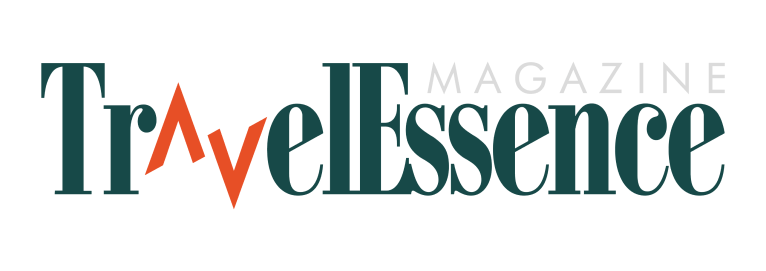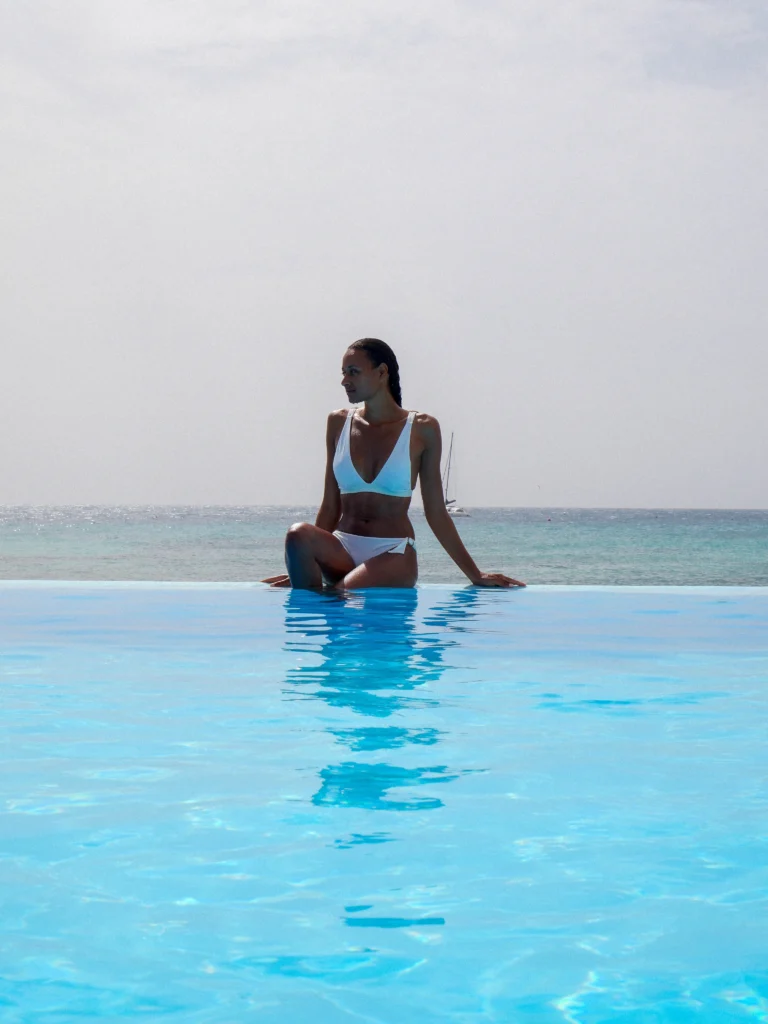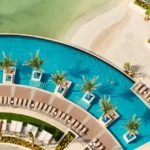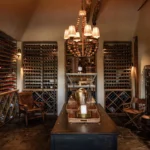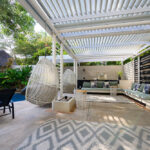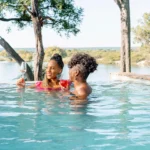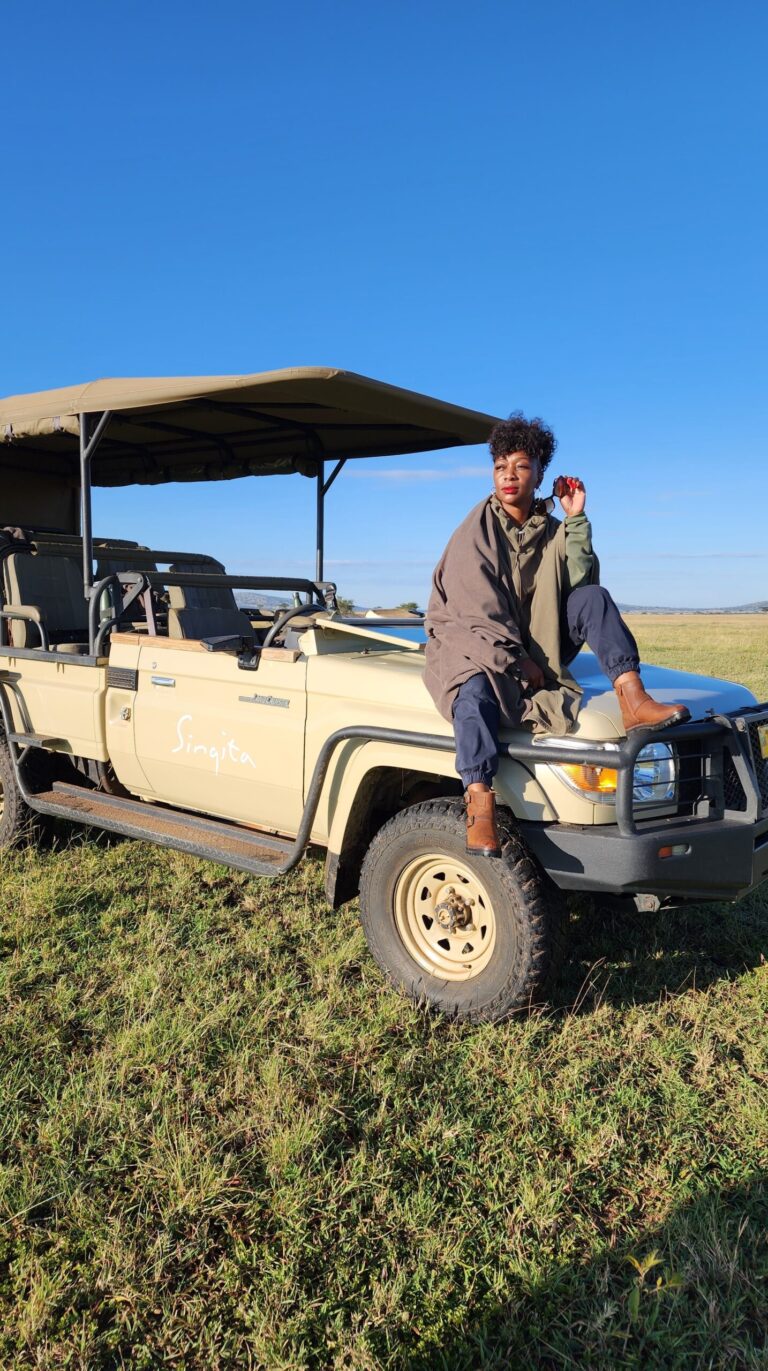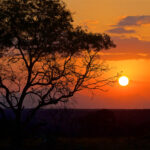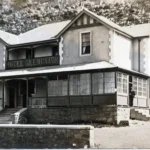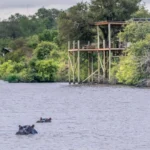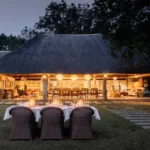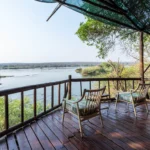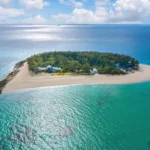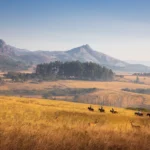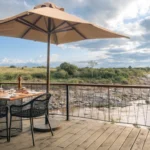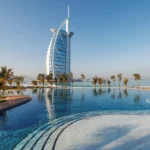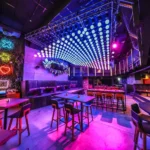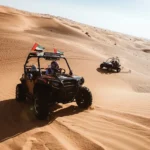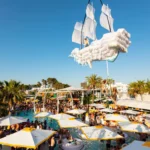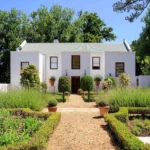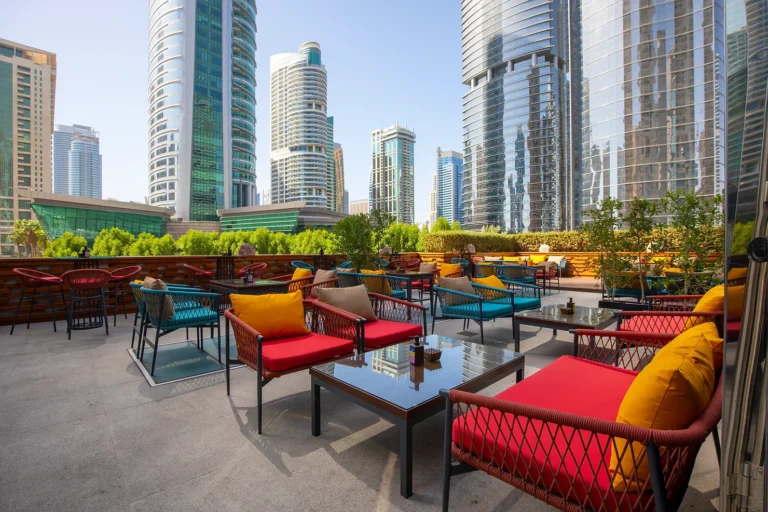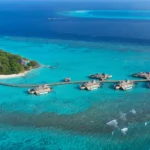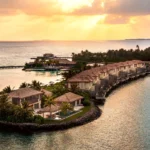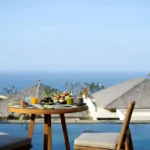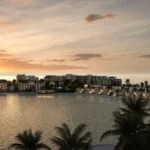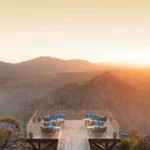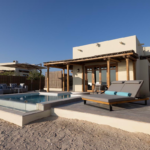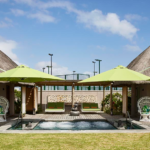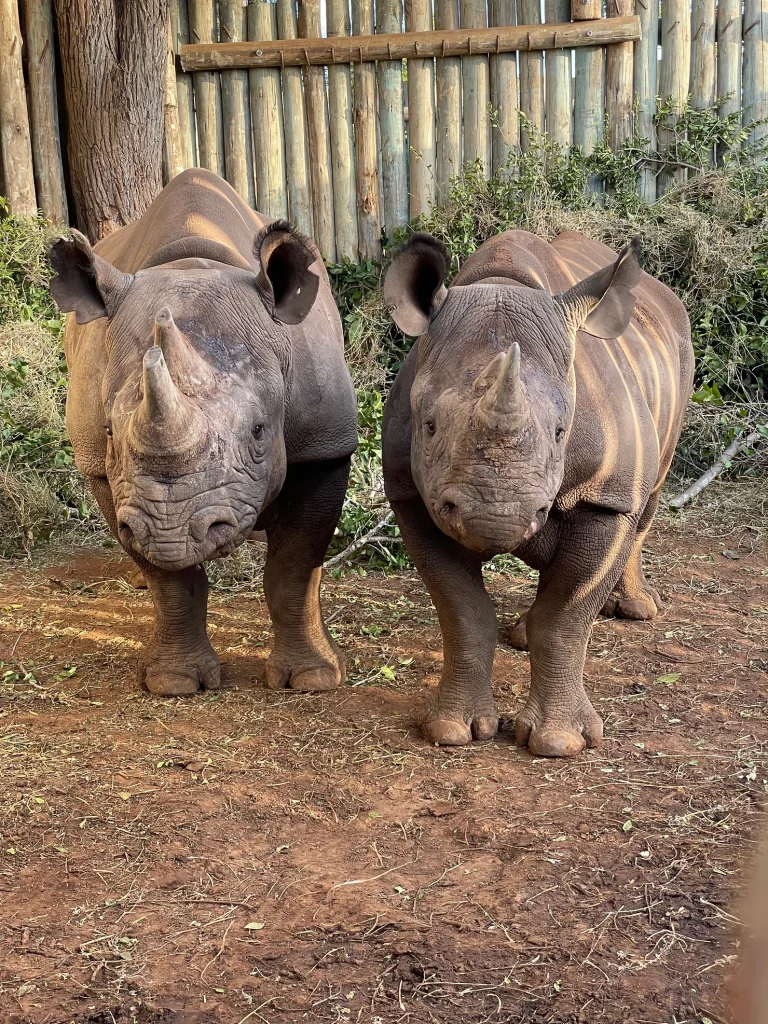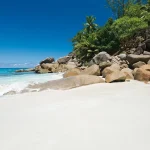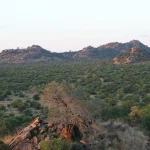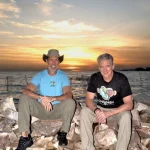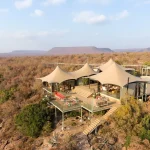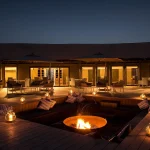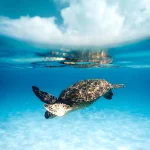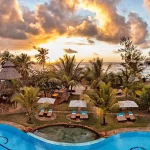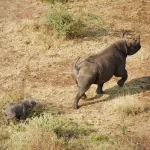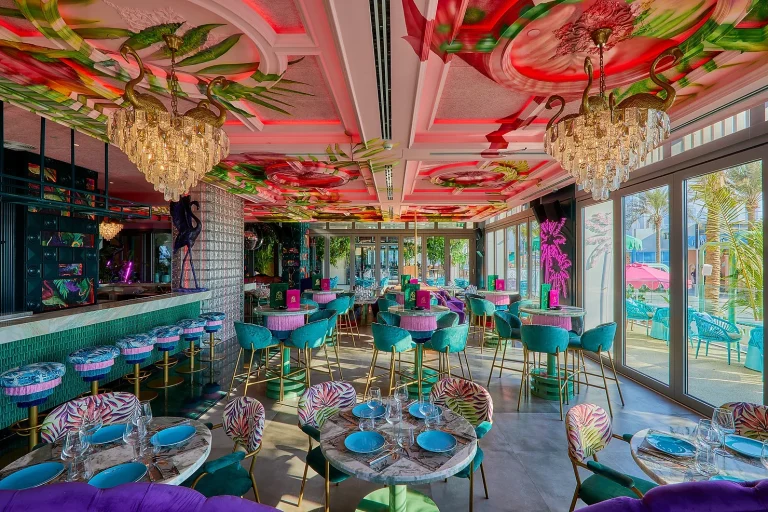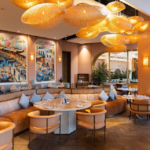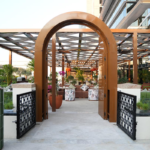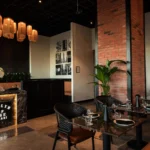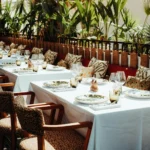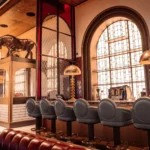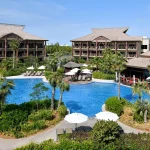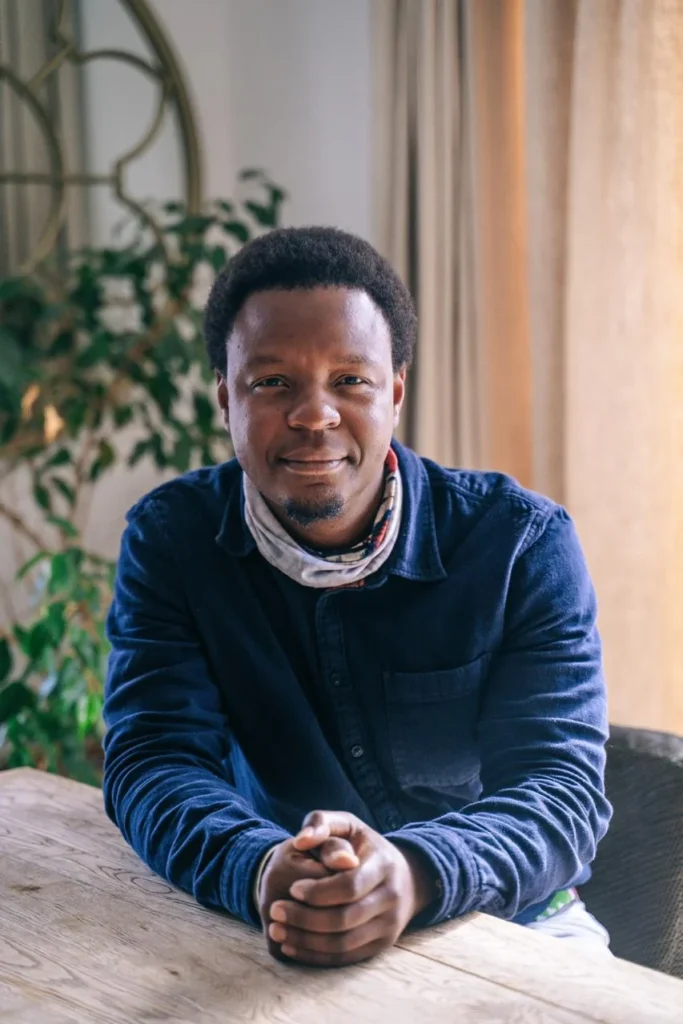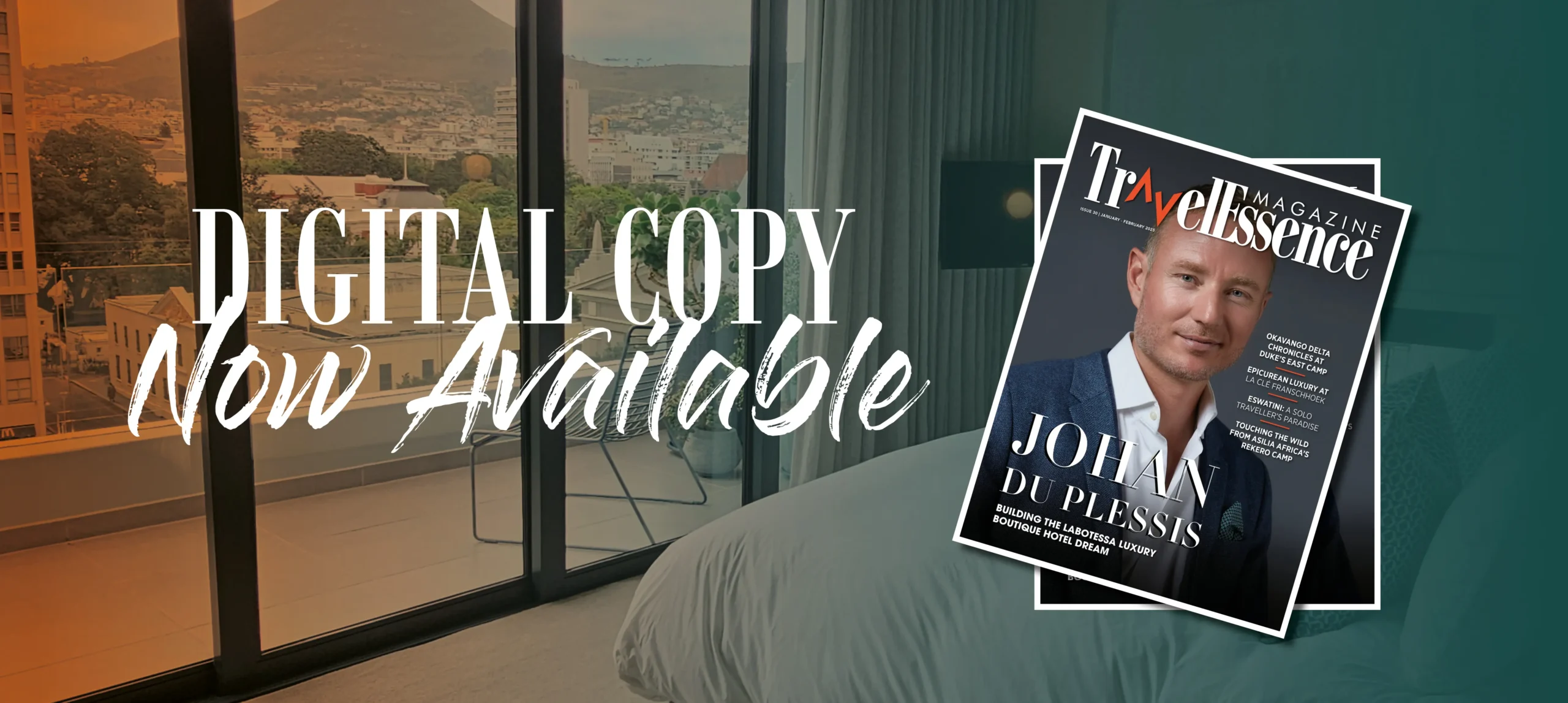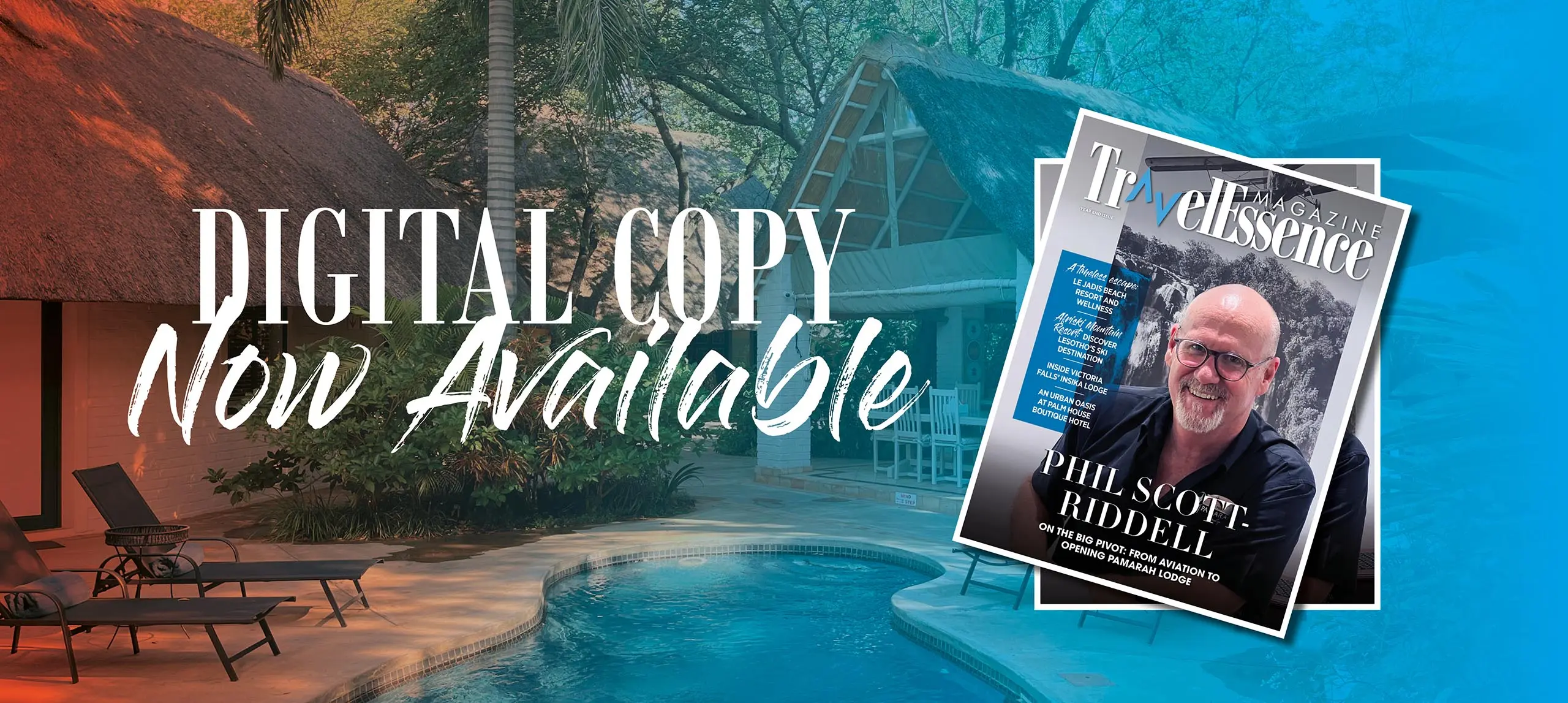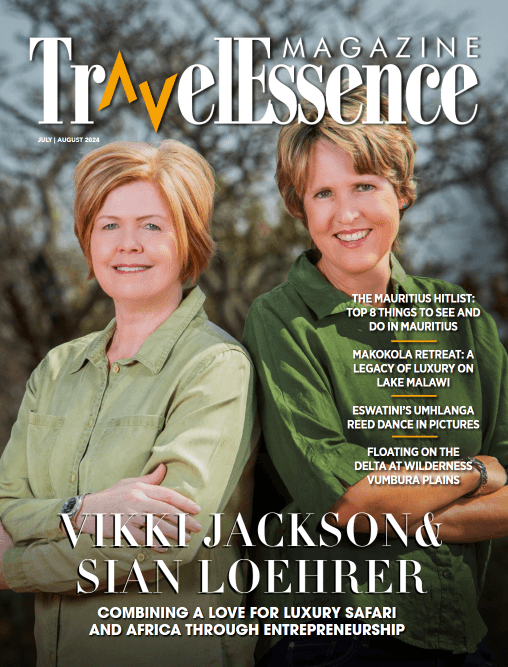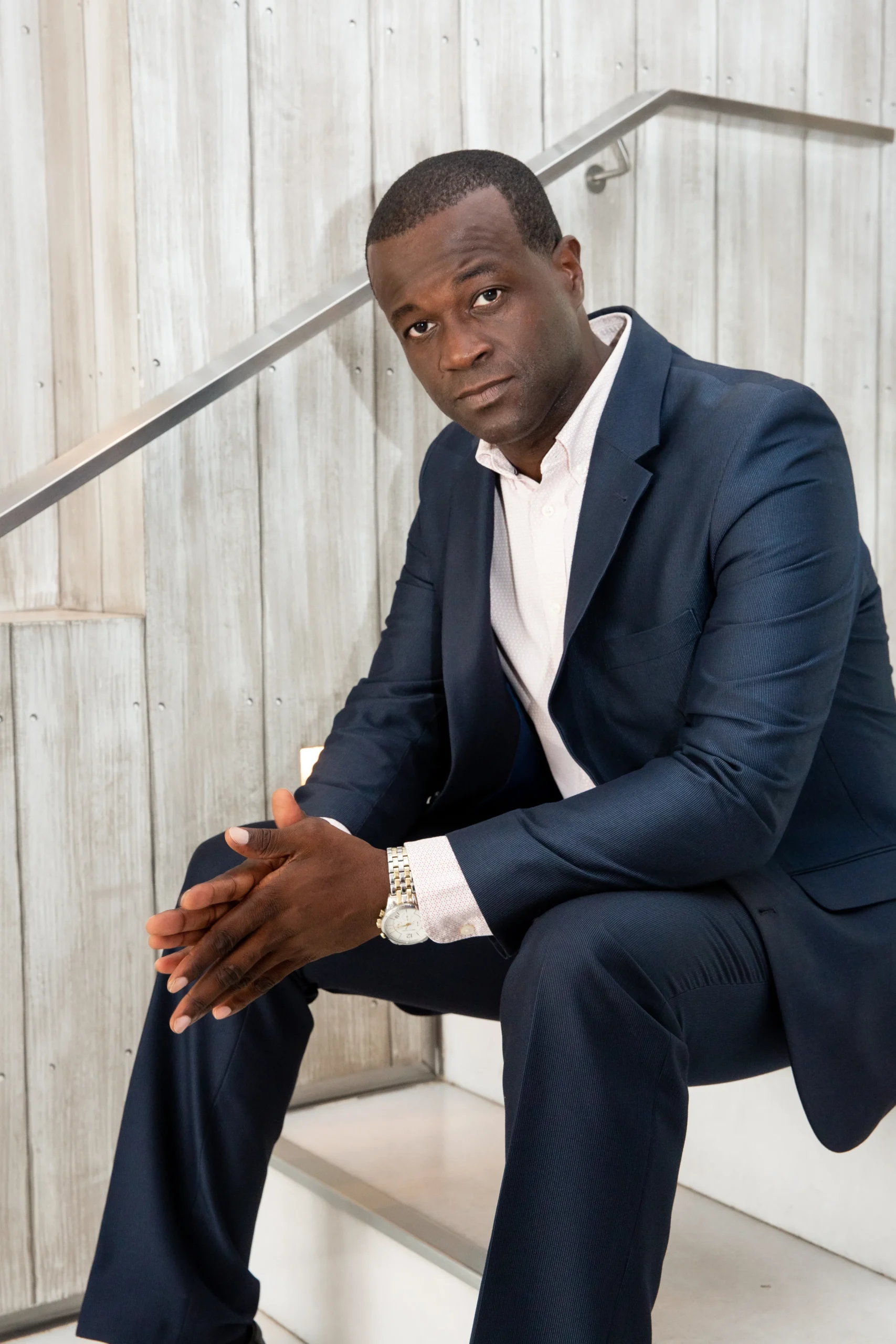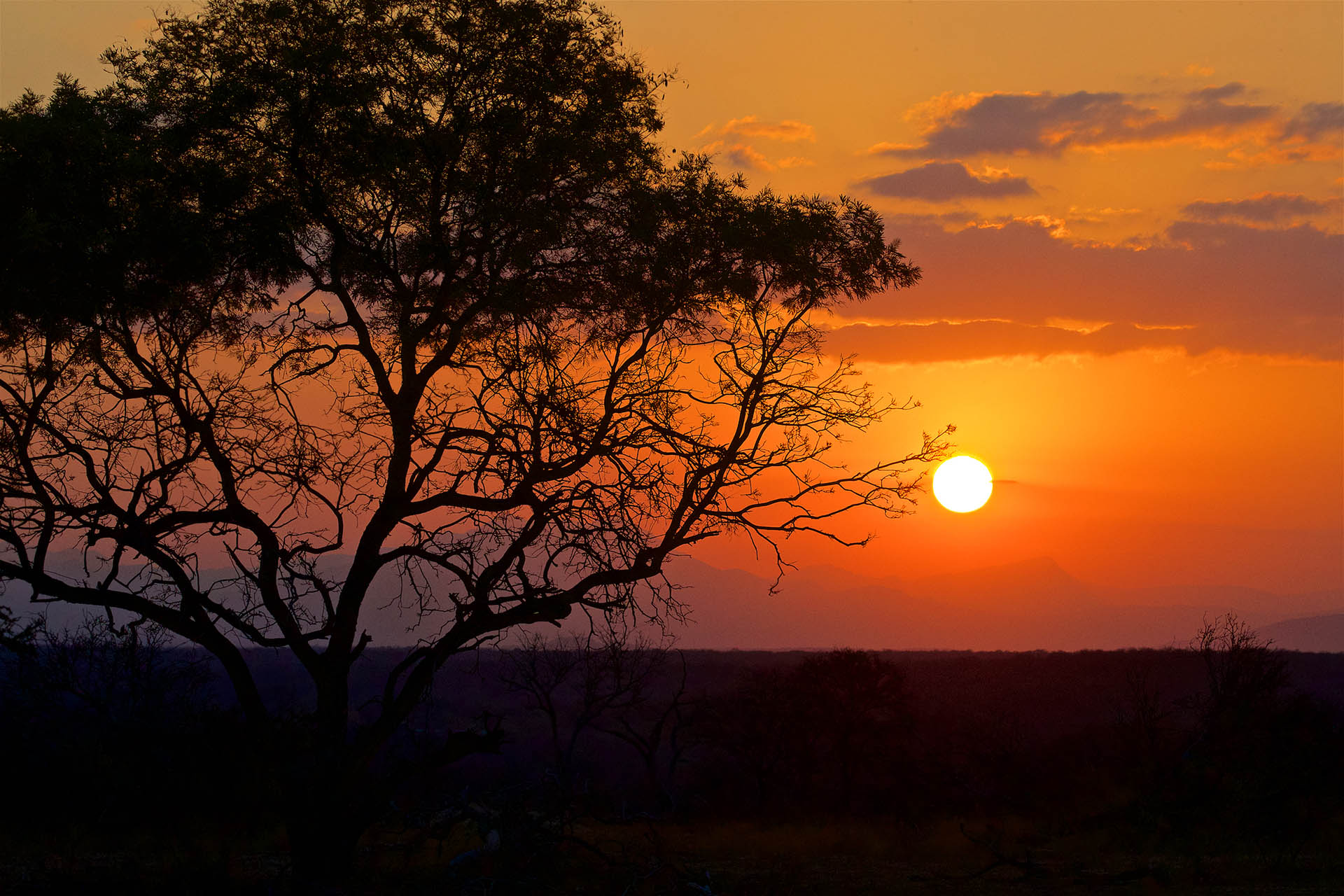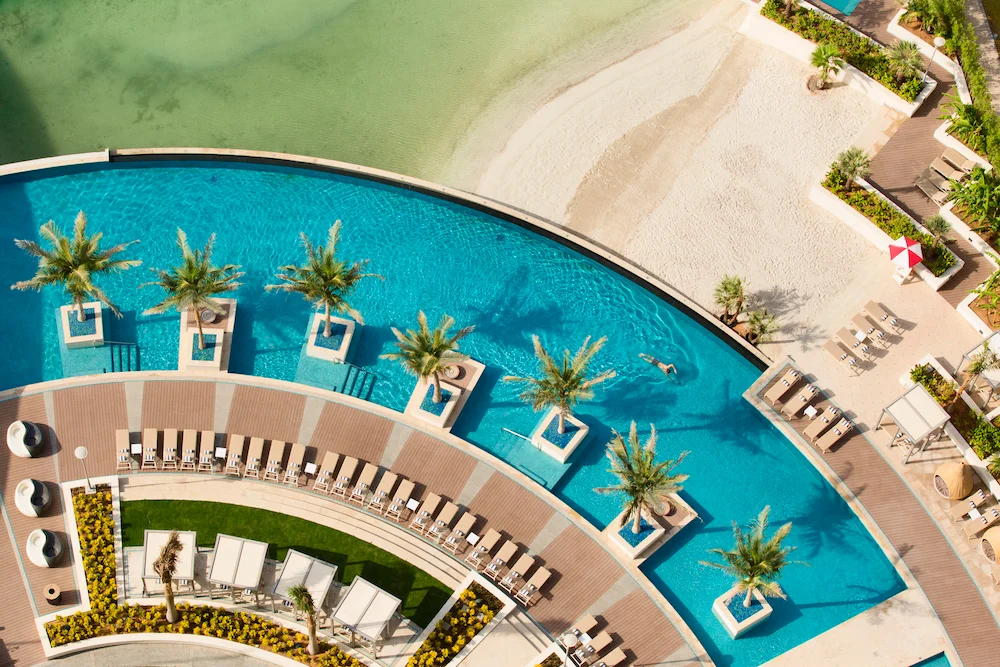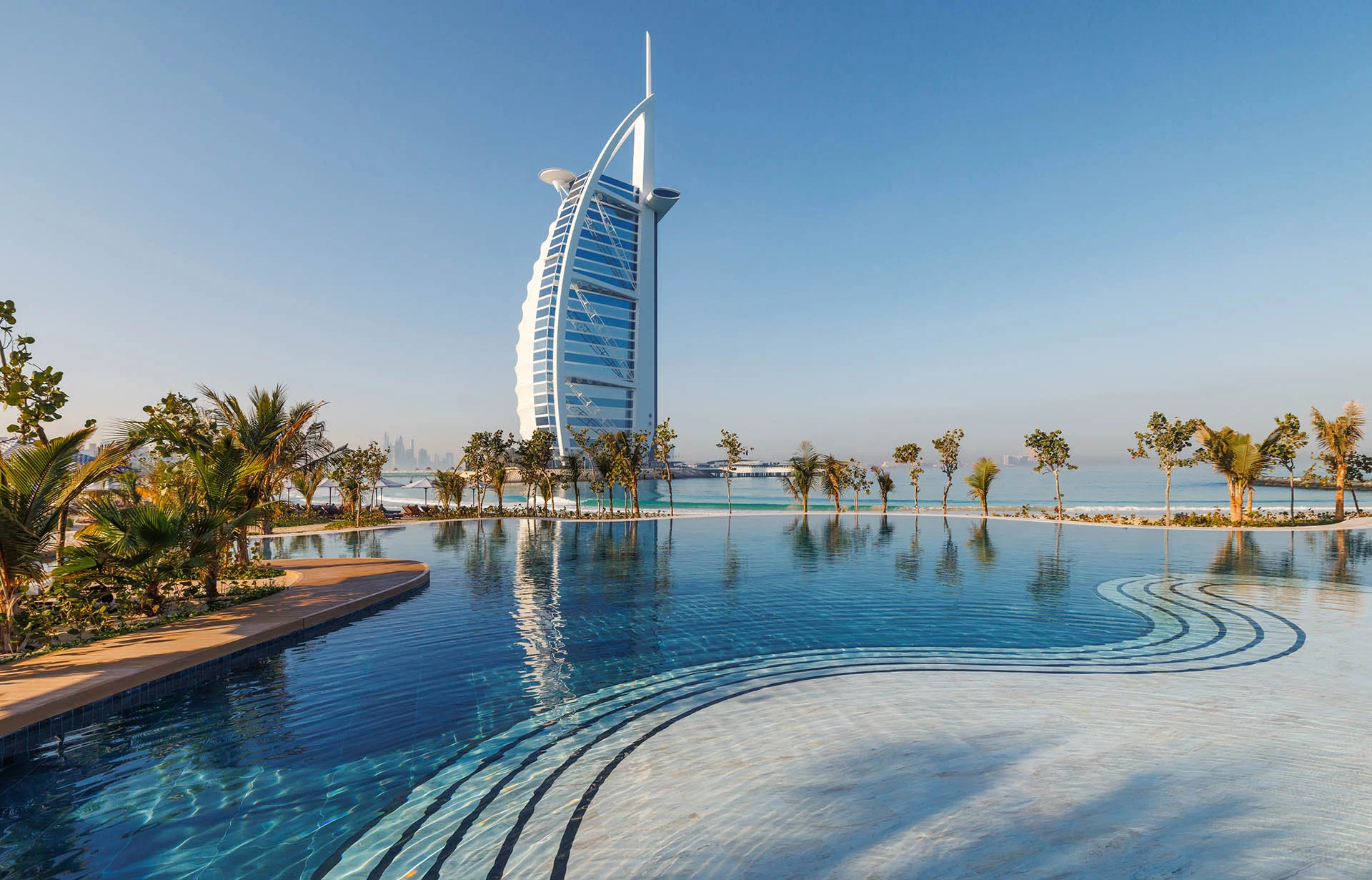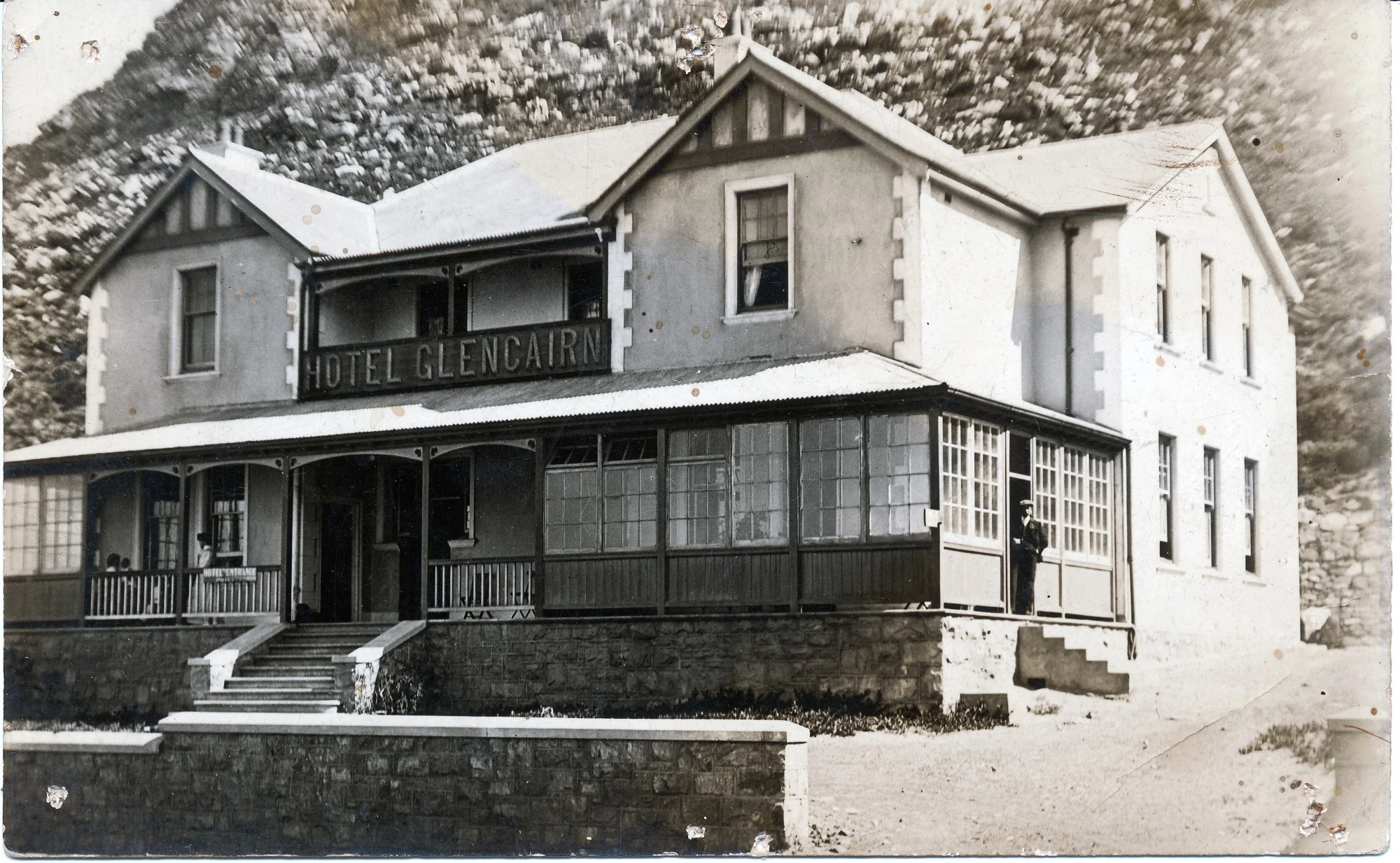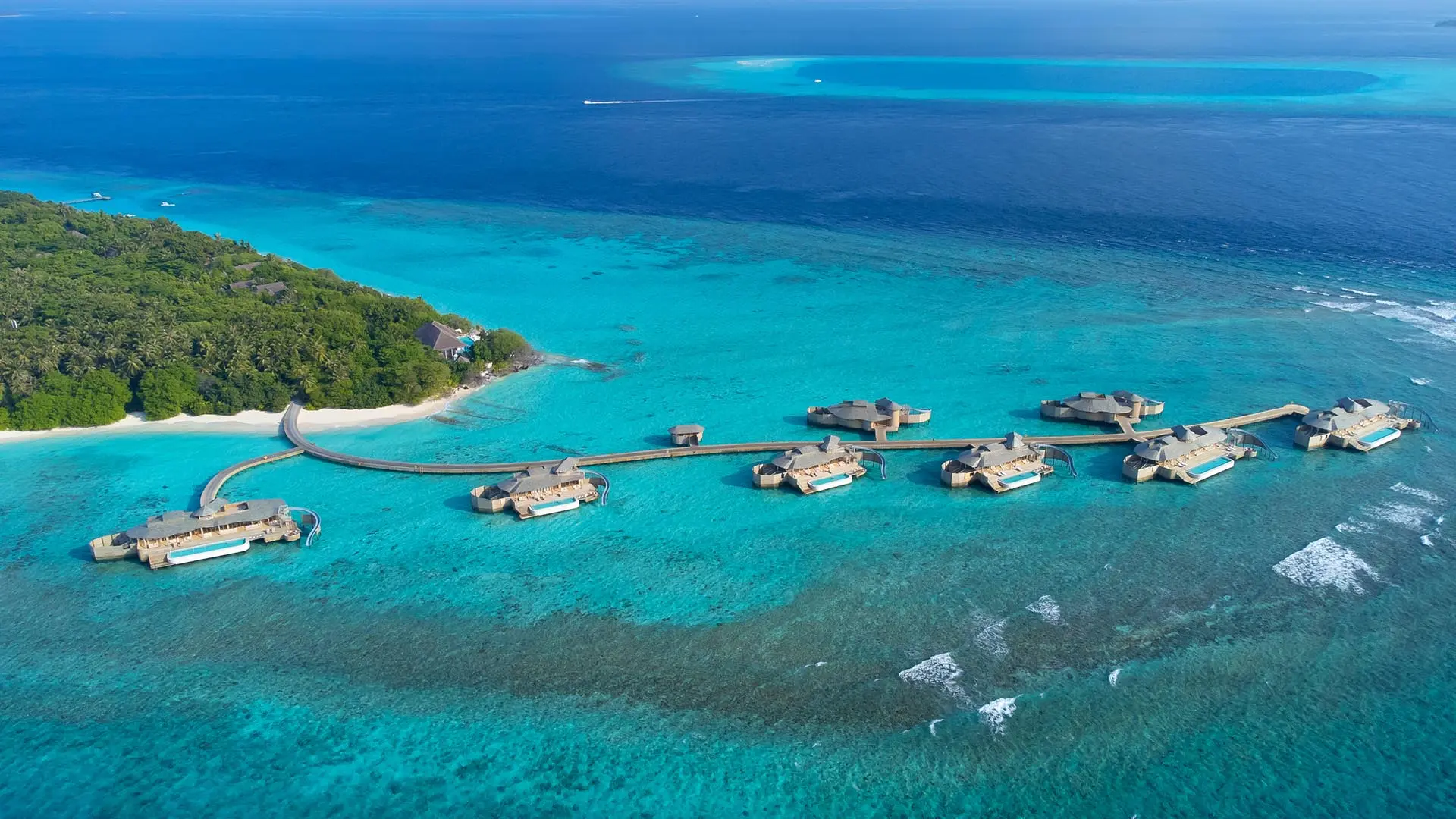African Bush Camps(ABC) is a 100% owner-run, African-based safari company designed to delight adventure travelers with authentic safari experiences amid untamed wilderness across Botswana, Zimbabwe, and Zambia. Operations are always focused on the guests, with 15 luxury tented bush camps and lodges, offering seamless safari experiences with internal flights, food, drinks, and activities included. African Bush Camps promotes and influences travel to Africa on a global scale while operating with a strong focus on conservation, and an environmentally sustainable footprint that celebrates the culture of communities in the areas in which it operates.
Travel Essence Magazine caught up with the Founder and CEO of African Bush Camps, and here’s what he had to share about his journey…

1. Tell us a little about Beks Ndlovu. Who are you and what gets you excited to wake up each morning?
I started African Bush Camps in 2006, after having worked in the field as a professional safari guide (Beks Safaris). I was born and raised in the village of Lupane on the outskirts of Hwange National Park in Zimbabwe. From the start of operations, my mission has always been to operate a portfolio of luxury tented camps and lodges that reincarnate the fantasy of ‘Old Untouched Africa.’ It has always been about awarding guests to our part of the world an authentic and adventurous, professional guide-led experience, and so we do this by offering bespoke safaris that can only be found in the bush.
What gets me up in the morning? The possibility of travel and knowing that I may soon be visiting more of our camps. Thankfully, I have had the opportunity to do so as we have seen more lenient lockdown regulations in Zambia, Zimbabwe, and Botswana.
2. You were born and raised in the village of Lupane, not too far off from Hwange National Park? How did this influence your decision to become a professional safari guide when perhaps others would have ventured off in pursuit of the big city dream? In drought years when I was growing up elephants and lions would venture into our garden and this sparked a wild curiosity with wildlife and why people were pouring into the national park. I then started doing volunteer work in safari camps during my school holidays, which demonstrated to me that learning doesn’t always necessarily need to be between four walls; it can be out in nature. So as soon as I left school, I jumped at the first opportunity to work in the field as a trainee guide. I had the opportunity to travel across the world later in my career, and I knew earlier on, that in order to take that step on my own, I needed to start from the ground up, work hard, continue wanting to learn, persevere and remain excited about the different turns my career would take. 3. Tell us about the moment you decided you wanted to form African Bush Camps? Was yours an “Aha!” moment or something you sort of knew you wanted to do early on?
I started Beks Safaris and from there, my dream grew into something bigger, into what is now known as African Bush Camps. The best way to summarise my experiences is that it has been a gradual journey, and a lifetime’s worth of investment. Being a guide was something that has always been part of my DNA, after a childhood encounter with elephants that had wondered into our village left me yearning for more adventures similar to what I had experienced on that morning. I was about 10 years old, and a drought in that year saw wild animals wandering into our village from the nearby Hwange National Park to eat the little produce we were growing for subsistence. When this would happen, we would be forced to bang pots and pans in a bid to scare animals away with the loud clanging of metal. On this occasion, when the elephants – 15 of them in total – did leave, the adventurer in me followed them. A mother elephant turned around as if it were to charge, and as a young frightened little boy, my natural instinct was to run! I’ll never forget the adrenaline rush, but more so, the innate desire to learn more about what I have come to observe to be gentle giants. Such experiences stay with you, and for me, this particular encounter formed a strong foundation towards what would become my career has a guide.

4. Did you ever imagine African Bush Camps would grow to the heights it has an acclaimed luxury safari company in Southern Africa? What do you attribute your successes to?
Like I said earlier, it really has been a gradual journey, and one I have learnt to grow with. Success doesn’t happen overnight and really does require that one works hard and is dedicated to their craft. I am thankful for the people who have come across my path, from friends to colleagues and partners. I have a solid team who continues to innovate and adapt to circumstances that are not always within our grips, with the COVID-19 global pandemic being one such challenge that has forced us to really look at new ways to navigate the current space that we all find ourselves as hospitality and tourism operators.

5. Now let’s talk a little bit about the product. What can guests expect to experience when they stay at one of African Bush Camps’ lodges and camps? What is your unique value proposition?
I have always wanted to bring guests closer to the authentic and wild African experience. For us, it’s not only about the accommodation and luxury elements of a safari. We have always wanted to forge meaningful interactions among people: our guests and our communities, our staff, and guides. Most of our guides are from the regions they guide in. It is their love for the bush, endless passion for keeping nature intact and their knowledge that makes them great at what they do. Our team are true custodians of wildlife and make a stay with ABC something that is worth cherishing for the rest of your life.

6. From the portfolio – does Beks have any favourites and if so which ones?
It is difficult to highlight one camp. It’s like being asked which one of your children is your favourite. I would say that with the upcoming opening of our newest camp, Khwai Leadwood in the Khwai Community in Botswana, I have been curious to visit the location. Since the lockdown, I have not travelled much, and I have put a lot into the camp’s design. It would be a privilege to be able to witness the finished product and I look forward to doing just that soon (the camp is due to open in April 2021). Somalisa camp in Hwange National Park in Zimbabwe was the first camp I established. It captures the true heart of what makes ABC special and I will always have a soft spot for it. Our camps in Mana Pools National Park, Nyamatusi, Kanga and Zambezi Expeditions, are located in the heart of a UNESCO World Heritage Site. Situated in the northern region of Zimbabwe, on the southern banks of the Zambezi River, Mana Pools National Park will leave you breathless with its beauty. A paradise for walking and canoeing safaris, Mana Pools is a wildlife-rich, biodiverse wonderland that always amazes me when I visit the landscape.

7. We understand you are passionate about fostering sustainable impact within the communities you operate. Tell us a little bit about the ABC Foundation, the work being carried out and how one can get involved?
The African Bush Camps Foundation is a nonprofit organisation focused on conservation, education, and empowerment for the communities that surround the company’s camp locations. Launched in 2006, the Foundation operates through a multi-faceted partnership with the company where at least 2,5 percent of ABC’s revenue goes towards the Foundation annually. All donations go directly to community-based development projects initiated by the Foundation. Since opening, the Foundation has spearheaded 72 community projects across Botswana, Zimbabwe, and Zambia; over 40 of those projects are currently in operation under the Foundation’s wing. We have been lucky to be supported by platforms that are easy for potential supporters to get involved. We have partnered with a fundraising platform called Global Giving which highlights our COVID-19 priority projects: https://www.globalgiving.org/donate/68391/african-bush-camps-foundation/

8. What’s your take on the conservation discourse as it relates to Africa’s wildlife populations and the role humanity has in conservation and environmental preservation?
Conservation is a necessity for the survival of tourism, and vice versa. It lends itself to a cyclical rhythm that beats from the heart of nature conservation and wildlife protection. Less wildlife and less fauna and flora lead to less environmental tourist attractions and little for us as tourism operators to offer. There is an educational element involved here. Our Foundation has – and continues – to work among community members to help them understand the importance of nature preservation, and how they can benefit from having a higher regard for predators that may disturb their residences, respect wildlife, and help us protect the animals for the sake of keeping tourism intact. 9. Beks’ favourite 3 countries to visit in Africa?
Mozambique, Rwanda, and Uganda. These countries’ wildlife areas are beautifully unscathed. 10. What’s your take on Africa’s travel and tourism key learnings in COVID-19 times. What should operators be looking at to ensure that the complexities of COVID-19 don’t impact the guest experience you work so hard to create?
There is a time where we must put our differences and competitive spirit aside and work together and learn from each other. And at other times, we can continue to focus on what distinguishes us as safari operators. This accounts for associated companies that help us remain on track and keep our guests’ wellness intact. We are lucky to be able to operate in environments that allow for privacy, one-on-one consulting, and vast landscapes which idealise social distancing protocols. COVID-19 has taught us to rely on each other, learn from each other’s skills, be it from within your company and otherwise. Tourism is an important vehicle for economic growth and job creation. COVID-19 has underlined this importance and as we move into a COVID-19 conscience travel era, it is important that we remain humble and curious about what we learn and share with our guests to help protect their wellness and safety.
